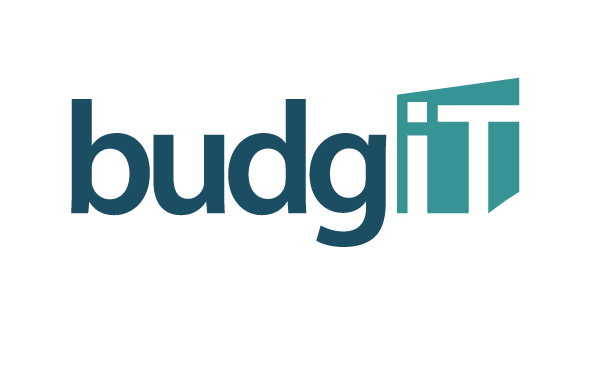Without Federal Allocation, 33 States Can't Finance Operations - BudgIT
Posted by Amarachi on Wed 23rd Oct, 2019 - tori.ng
A total of 33 State Governments cannot finance their recurrent expenditure without allocation from the Federal Government.
This is contained in a report released by BudgIT on Wednesday in Abuja.
BudgIT is a social enterprise with special focus on accountability and transparency in governance.
The organisation in its report said going by it’s finding, many states would be affected if federal allocation were to reduce owing to oil price fluctuations.
The report titled, “State of states 2019,” explained that only three State Governments could finance their recurrent expenditure independent of federal allocation
The three states are Lagos, Rivers and Akwa Ibom States.
The report wondered why a state such as Delta was running huge recurrent expenditure reaching up to N200bn.
It also wondered why despite the size of its population, Bayelsa State, still has a recurrent bill as high as N137bn, compared with Ebonyi State with a recurrent bill of N30bn, Sokoto with N38bn, Jigawa with N43bn, and Yobe with N35bn.
The report said it was a recurring development to see states in the South-South region running high recurrent bills, mainly driven by the high revenues earned as a result of the 13 per cent derivation principle.
In its analysis, the firm in the report said it was also interesting to see states like Cross River State with a budget of N1.04tn spend less than N93bn on an annual basis.
Speaking on the outcome of its findings, the Lead Researcher, BudgIT, Orji Uche said only 19 states could meet their expenditure with internally generated revenue and federal allocation.
She said with the current uncertainties facing the oil market, State Governments should not continue to rely heavily on federal allocation.
She said, “The implications of looking at this index is to enable us understand without federal allocation, how many states can sustain themselves.
“And by sustaining themselves, we are looking only at the recurrent expenditure
“Are you going to meet your operating obligations, are you able to pay salaries so that anything coming from federal allocation would go to investments in the key sectors of the economy.
“When we look at the index, we can see that those states that can meet their expenditure only with IGR are only three States out of 36 States.
“What this means is that if they were to be oil price fluctuations and production allocation from the centre were to reduced, then many states would be in jeopardy.”
Also speaking on the report, the Senior Economist, World Bank, Yue Man Lee, said the implications of having low revenue was that the amount Nigeria could spend on human development would be restricted.
She said over the years, the fiscal capacity of states to generate the needed revenue to finance their operations had reduced.
She said, “The broader fiscal challenge that Nigeria faces is low recenue that constrains the budget envelop. This when out in plain terms is how much revenue that is available to spend on public service and investments in human capital.
“Nigeria is spending and government spending as a percentage to Gross Domestic Product is way lower than other countries at similar income per capita level. And the reason behind this is because of the exceptionally low revenues that Nigeria collects.”
Lee said with the country having a revenue to Gross Domestic Product ratio of about eight per cent, there was a need to come up with measures to boost revenue.
She said the low level of government spending on capital projects contributes to low level of development outcomes.












































